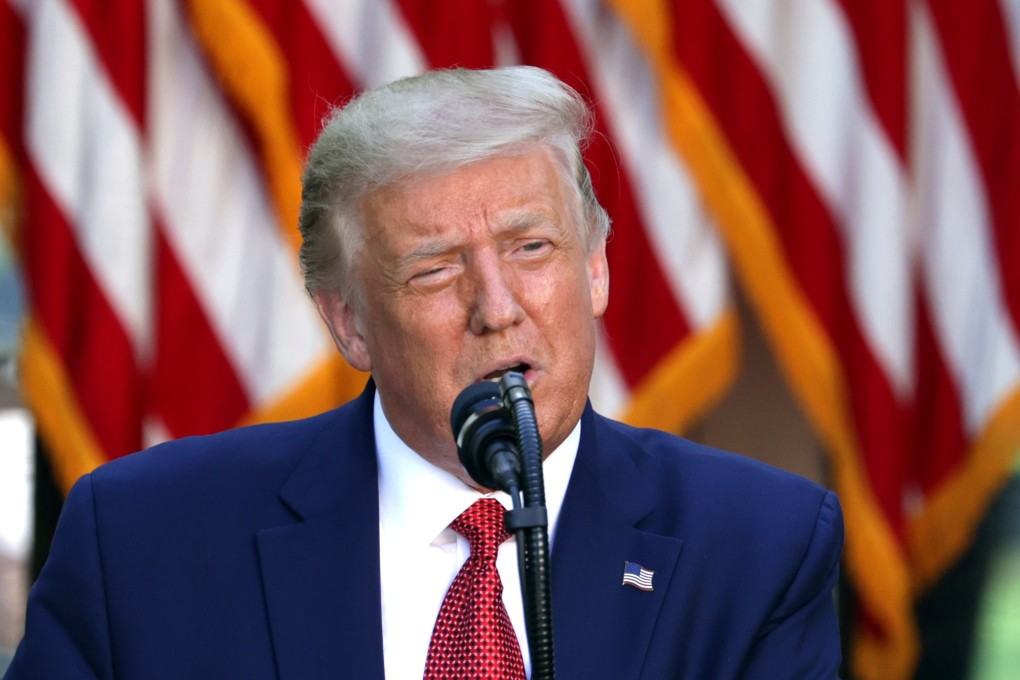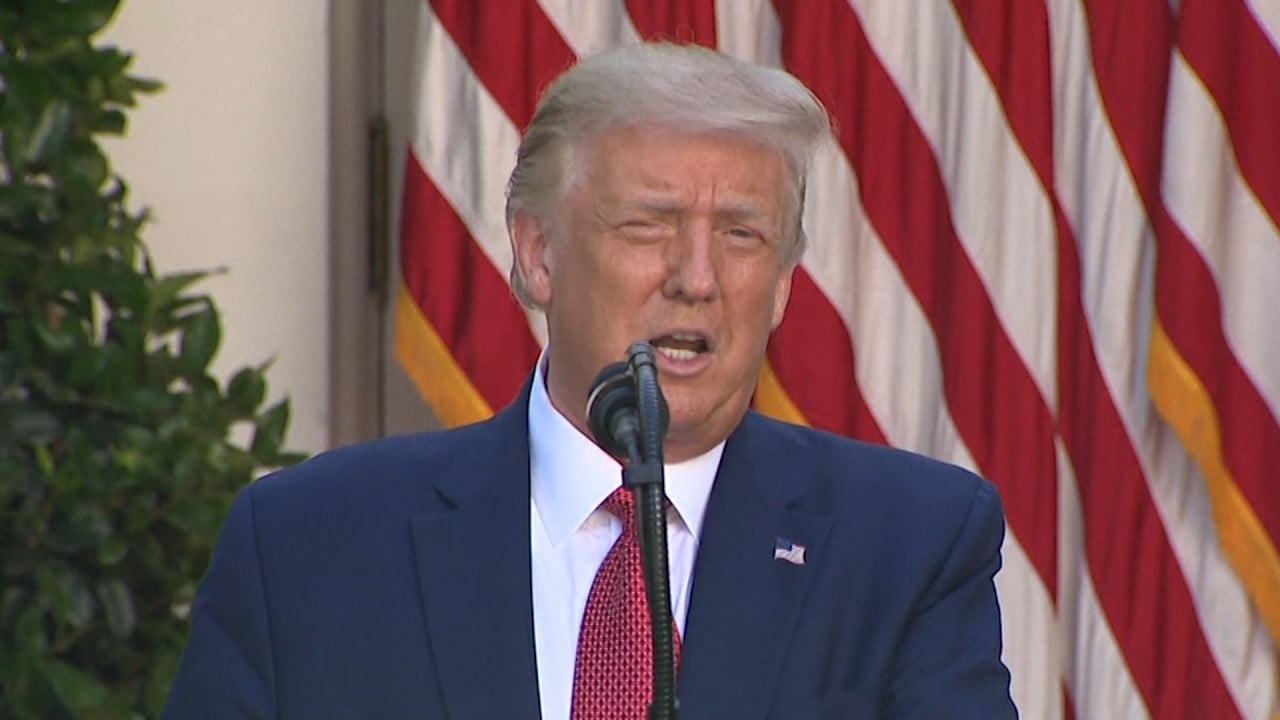National security law: who are the Hong Kong officials with US assets that may be affected by Trump’s sanctions?
- Exco convenor Bernard Chan has a property in San Francisco while executive councillor Laura Cha has a rental flat through an offshore company in an undisclosed US location
- A Post check on the declaration of interests by Chief Executive Carrie Lam and her 16 ministers shows they have no disclosed American assets


02:09
Trump signs Hong Kong Autonomy Act, ends city’s preferential trade status over national security law
Foreign individuals or entities determined by the US secretary of state to fall into this category will be blocked from investing, transferring, exporting, withdrawing or dealing with any property or interests in property in the US.
The people in question could include not just mainland Chinese officials but also Hong Kong government figures involved in developing and enforcing the national security law. They also include those who, directly or indirectly, are seen as having undermined democratic development in the city, censoring or penalising freedom of expression.
I have no assets in the US, and I don’t particularly like going to the US
The definition of assets could cover property, bank accounts and shares but the executive order did not spell these out.
In response to the possible sanctions, Chief Executive Carrie Lam Cheng Yuet-ngor said she had no fear, though she was named by the US authorities.
A Post check on the declaration of interests by Lam and her 16 ministers found that they had no disclosed American assets.
Of another 16 non-official members of the Executive Council, who serve as advisers to Lam on her de facto cabinet, two have declared owning property in the US.